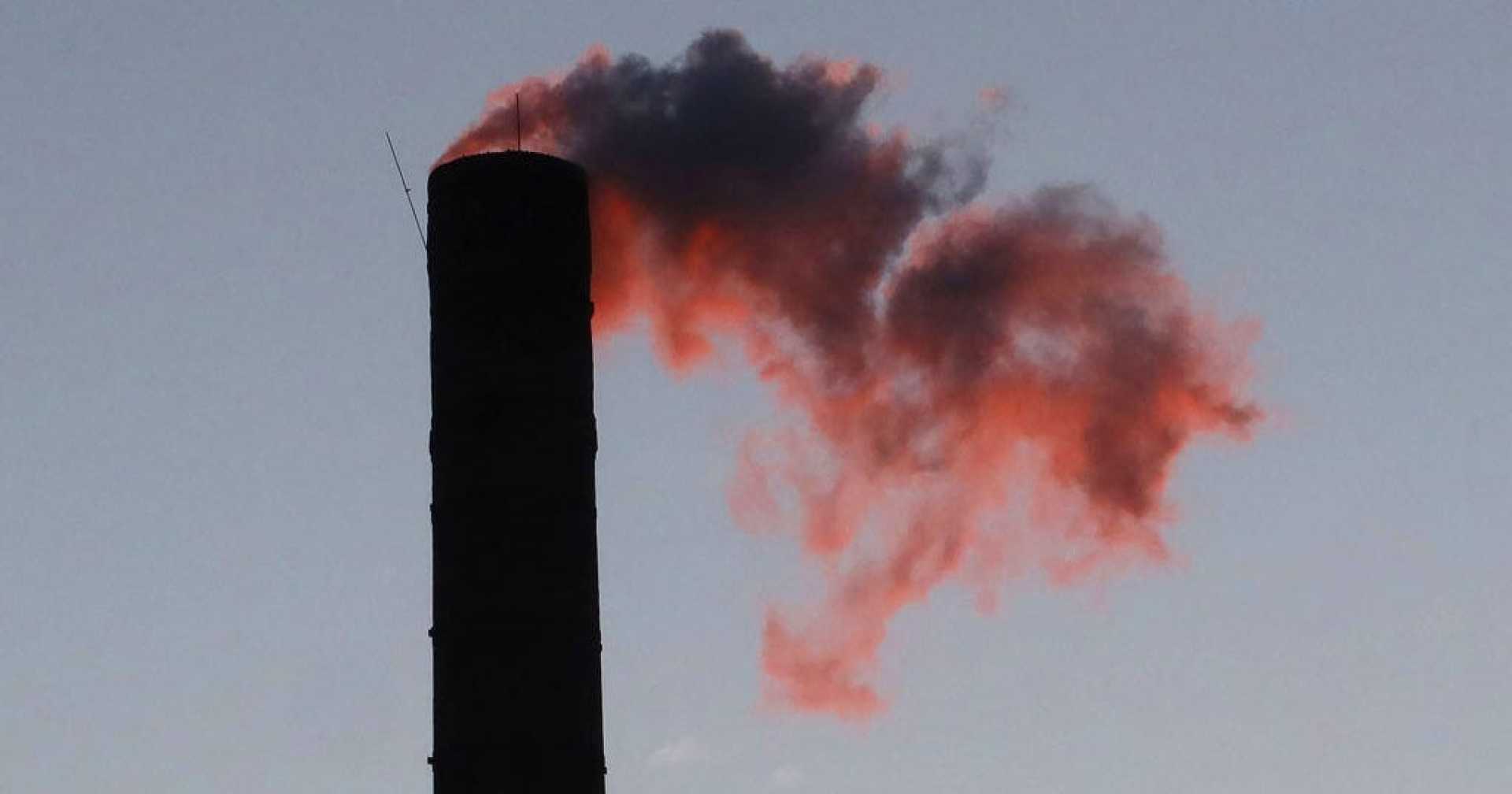Politics
Senate Moves to Overturn EPA Rule on Hazardous Air Pollutants

WASHINGTON, D.C. — The Senate on Thursday approved a measure aimed at overturning a rule from the Environmental Protection Agency (EPA) that limits emissions of seven hazardous air pollutants from heavy industries. The bipartisan vote, which was 52-46, was the first in the 55-year history of the Clean Air Act to weaken its provisions.
The Congressional Review Act was utilized by Senate Republicans to repeal the regulation established by the Biden administration in 2024. The joint resolution will move to the House of Representatives, where it is also expected to pass, further challenging the administration’s environmental policies.
The rule, finalized last year, was meant to close a loophole requiring all major sources of hazardous air pollutants to implement maximum achievable emission reductions—a policy known as “Once in, Always In.” This meant that industrial facilities, like chemical plants and oil refineries, were to maintain strict pollution controls at all times, even if their emissions fell below the regulated thresholds.
Senator John Curtis (R-Utah), who introduced the legislation, argued that the existing rule discouraged companies from adopting new pollution-reducing technologies. He stated, “The rule put forward under the former administration shut the door on progress,” after the resolution’s passage.
In contrast, environmental advocacy groups criticized the move. Melody Reis, the director of federal policy for Earthjustice, highlighted the potential health risks associated with increased emissions from the nation’s largest industrial polluters. “Today, I worry for children’s health more than ever before,” Reis said. “This move will put our children at grave risk.”
The vote is seen as a significant victory for the fossil fuel and petrochemical industries, which have long opposed the “Once in, Always In” rule. Business groups, including the National Association of Manufacturers, have labeled the regulation as burdensome, arguing it hinders economic growth.
Former EPA Administrator Lee Zeldin defended the rollbacks by suggesting they would not adversely affect public health or the environment. The outcome of the Senate’s decision is expected to impact air quality standards and pollution controls nationally.












